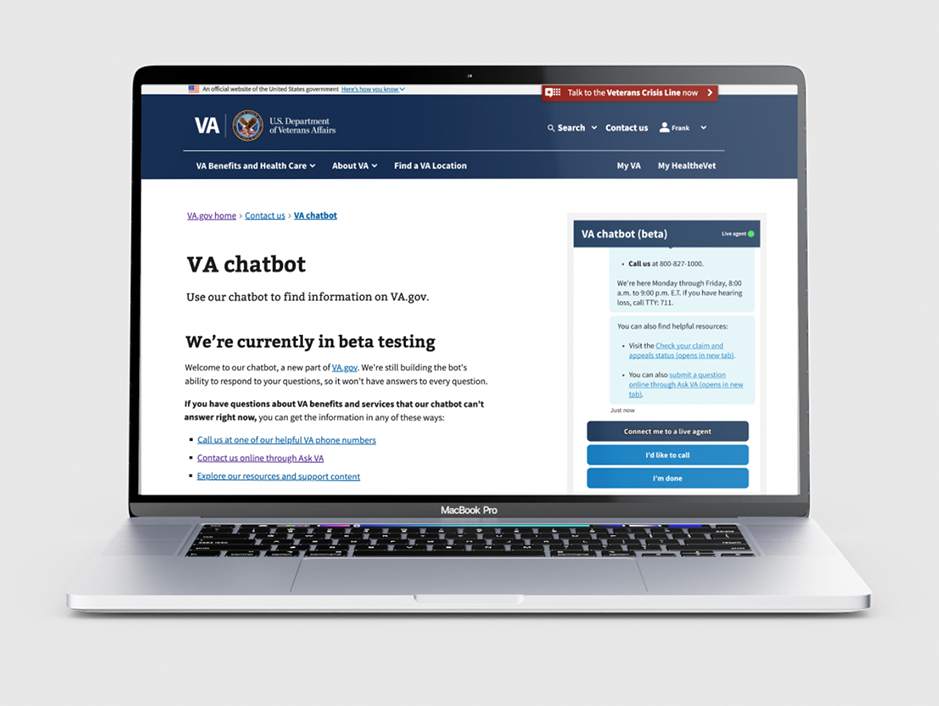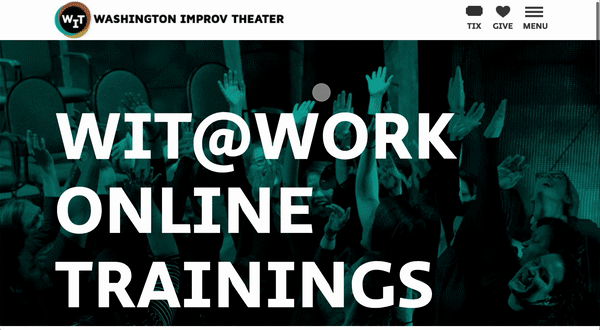Product Strategy
Where intent meets constraint, melding design, technology, and policy.
I approach Product Strategy with a human-centered lens, helping teams define not just what to build, but why it matters and how to deliver it. Often that means navigating legacy systems, regulatory hurdles, and stakeholder complexity. But by blending systems thinking with iterative development, I help clients prioritize what’s viable now, while building toward the future.
Selected Projects & Clients
FAA | Safety Dashboards
I help oversee the product strategy efforts for the Federal Aviation Administration focused on modernizing safety dashboards that support critical decision-making for analysts, engineers, and leadership. My role bridges user experience and technical development, working to balance the complex data and operational needs of aviation safety with the day-to-day workflows of the people who rely on these tools. Working closely with users, I design and test mockups that help visualize how future-state dashboards should function, ensuring that proposed solutions are intuitive, accurate, and actionable.
Beyond the early-stage interface design, I guide cross-functional teams in evaluating legacy systems, surfacing technical constraints, and defining the requirements for scalable, modern solutions. This includes aligning data architecture with user needs, ensuring dashboards support both routine analysis and urgent safety reviews. Through iterative validation and stakeholder feedback, I help shape solutions that are not only technically feasible but truly support the FAA’s mission of maintaining the highest levels of aviation safety.
IDA | Virtual Conference
I led the end-to-end product strategy for transitioning the International Downtown Association’s Annual Conference from an in-person event to a fully digital experience. My work focused on aligning stakeholder objectives, user needs, and business outcomes to develop a scalable virtual conference platform. This included defining product requirements, designing the platform’s information architecture, and developing wireframes optimized for user engagement and sponsor visibility. I collaborated closely with internal teams and external vendors to ensure the solution balanced operational feasibility with an intuitive, on-brand user experience.
Through stakeholder discovery, persona development, and value mapping, I translated complex business goals into a structured product roadmap. I prioritized feature development based on impact to key user groups, optimizing for attendee satisfaction, sponsor ROI, and operational scalability. The final platform architecture incorporated adaptive content hierarchies, personalized user journeys, and scalable design systems to support pre-, during-, and post-event needs. This work enabled IDA to deliver a seamless, high-value virtual conference experience for over 1,000 attendees while maintaining revenue streams and audience engagement in a fully remote environment.
WIT | Improv@Work
I led product strategy and re-vamped marketing design for WIT@Work, Washington Improv Theater’s applied improv workshop series for professional development. The challenge was to strengthen market fit and drive growth by reimagining how the workshops were positioned and sold. I conducted qualitative research with key audience segments and mapped their motivations, pain points, and decision criteria when considering professional development offerings. This research surfaced a critical gap: while participants deeply valued the workshops, WIT lacked a scalable way to communicate those success stories to new buyers.
I translated these insights into a marketing enablement framework and scalable messaging strategy. Internally, I designed a repeatable workflow to transform workshop outcomes into client-facing case studies, ensuring future marketing could easily highlight real impact. Externally, I developed the “Return on Improv” campaign—a value-forward messaging framework that connected workshop outcomes to business goals like collaboration, communication, and team agility. This approach positioned WIT@Work not just as a creative service, but as a high-impact learning and development product aligned with organizational ROI.




